Chicken Road — in simple words about fabrics and their features
More details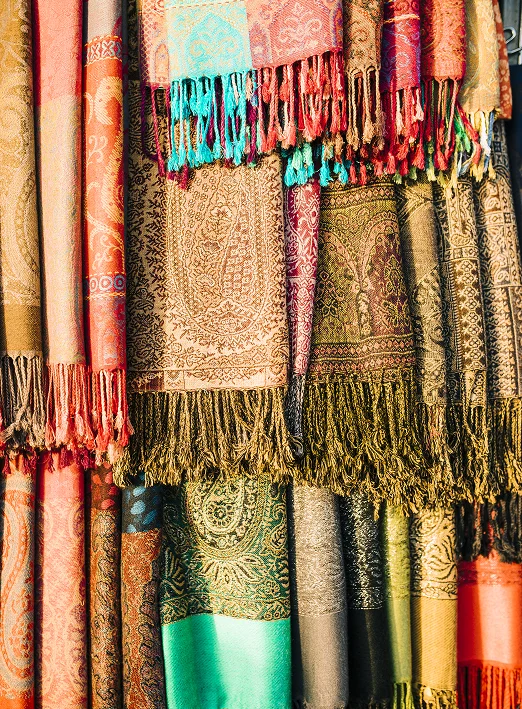
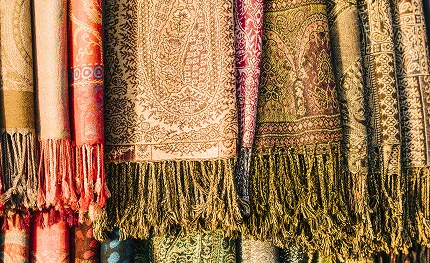
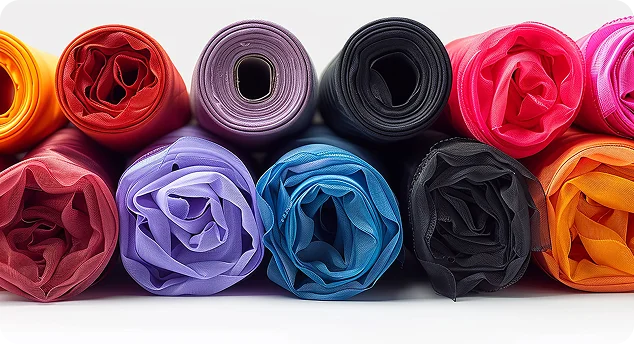
Through knowledge: everything you need to know about textiles
Chicken Road is an information platform that will help you better understand fabrics, their properties, benefits and areas of use. We tell you how to choose materials according to the season, skin type or lifestyle, and also introduce you to new textile technologies and natural solutions. Our approach is simple and clear. Here you will find useful tips, interesting facts, historical references and practical tips. Whether you sew, choose clothes or just want to broaden your horizons, Chicken Road will become your reliable source of textile information.
Chicken Road is a navigator in the world of fabrics without unnecessary complexity.
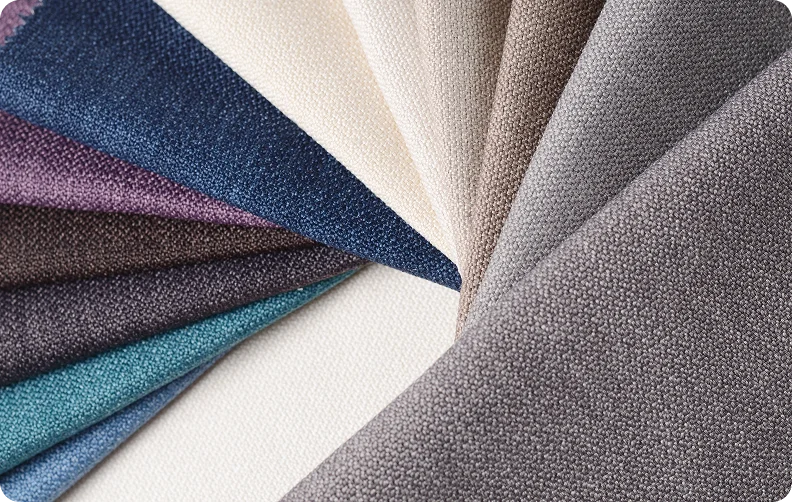
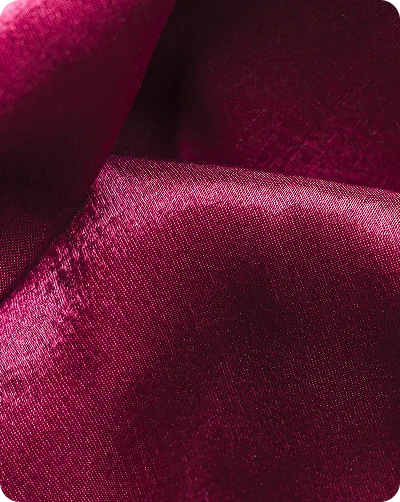
Types of fabrics and how to distinguish them
Fabrics are divided into three main groups: Natural — made from natural fibers (cotton, linen, silk, wool). They are breathable, pleasant to the touch, hypoallergenic, but can wrinkle and require delicate care. Synthetic — created chemically (polyester, nylon, acrylic). Resistant to wear, dry quickly, do not absorb moisture, but can "steam" the skin. Mixed — combine the properties of natural and synthetic materials. For example, cotton with polyester does not wrinkle so much and keeps its shape, while maintaining the comfort of natural fabrics.
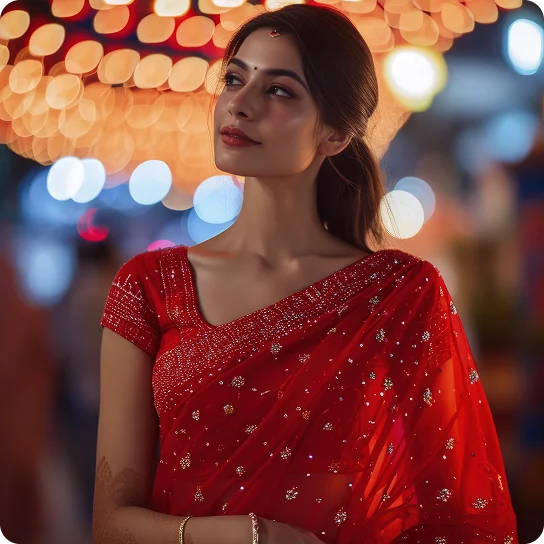

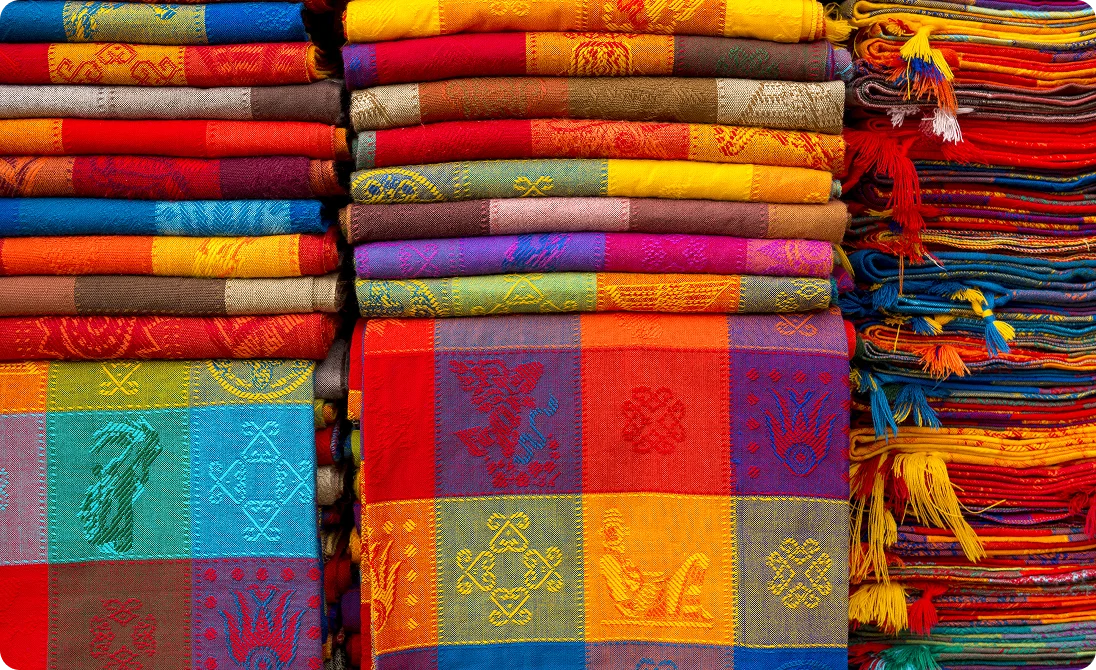
Practical care tips
Cotton: washable at temperatures up to 40°C, ironed at high temperatures, easily wrinkled. Linen: requires hand washing or delicate mode, it is better to dry straightened, wrinkled a lot. Silk: hand wash only in cool water or dry cleaning, do not wring out, dry in the shade. Wool: washable by hand or in the "wool" mode, cannot be dried in the sun or on a battery - it deforms. Polyester: resistant to washing, does not require ironing, does not absorb moisture - ideal for active wear. Tip: always check the product label - it will tell you the temperature regime for washing, drying and ironing. Store items with complex fibers in ventilated covers or boxes.
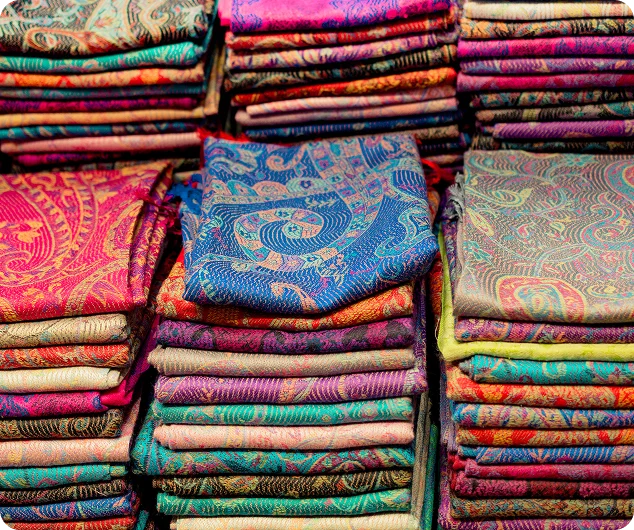
A modern approach to fabric selection
New generations of fabrics are not only stylish, but also functional. Among the modern solutions: Organic cotton: grown without pesticides, environmentally friendly, soft, suitable even for children. Bamboo fiber: antibacterial, absorbs moisture well, dries quickly. Tencel (lyocell): made from wood cellulose, pleasant to the touch, decomposes in nature. Recycled polyester (rPET): made from plastic bottles, reduces waste. Smart fabrics: react to temperature, moisture or pressure, used in sports and medicine. These fabrics allow you to combine comfort, style and environmental responsibility. Increasingly, consumers pay attention not only to the appearance of things, but also to their impact on the environment.